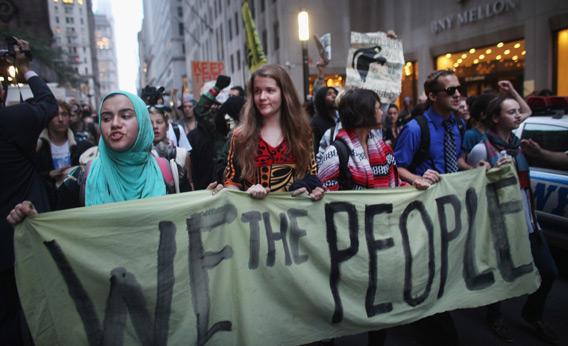Matt,
I’ll concede that figuring out how the government might control rising tuition costs is no simple task. The colleges themselves attempt to perform, through need-based scholarships, some redistribution of their own. Those need-based scholarships are paid for by making more affluent families pay a higher sticker price. But tuition inflation of the type we’ve seen throughout the Great Divergence simply can’t be allowed to go on, because it’s pricing a lot of potential students out of the market.
Fun fact! Twenty-nine years ago, in the July/August 1983 issue of the Washington Monthly, I published a piece titled “Highbrow Robbery” that argued, among other things, that the inflation rate for college tuition was insupportable. The piece is online and makes for quaint reading today. “Who among us isn’t a pauper,” I wrote—somewhat presumptuously, since I was a childless 25 year-old at the time — “when faced with a fee of $8,000 to attend the average private college or university, and more than $13,000 to attend a Harvard or MIT?” The price tag has doubled since then—and that’s after inflation: 13 grand in 1983 dollars comes to about 30 grand in current dollars, which is half what I spent this year to send my 19 year-old son to Columbia.
As for online learning, I’m feeling a bit cynical these days about that option, given the recent scandals surrounding for-profit colleges, which rely heavily on the Internet. But perhaps this model can be made to work on a nonprofit basis. I like that Harvard has put Michael Sandel’s popular undergraduate course on justice online, and that anybody can “take” it. But not everybody can help himself to a Harvard degree when he’s done, and I doubt that will change anytime soon.

Spencer Platt/Getty Images.
One cause for hope is that people are at least talking about income inequality. They weren’t talking about it much back in 2010, when I was reporting the Slate series on which the book is based. They weren’t even talking about it all that much for most of 2011, when I was reporting the book. Occupy Wall Street and its various offshoot protests changed that. I actually had to alter parts of the text in the second draft, removing lamentations that the public was indifferent to growing income inequality, because by the fall of 2011 that was no longer true.
Anyway, I’ve enjoyed discussing the book with you (even if you didn’t want to discuss Bryce Harlow). Variations on the discussion we had here are taking place around the country, and I hope that The Great Divergence enhances that conversation by giving people a clearer notion of how the income-inequality boom of the past 32 years came about, and what might be done to reverse it.
Looking on the bright side,
Tim